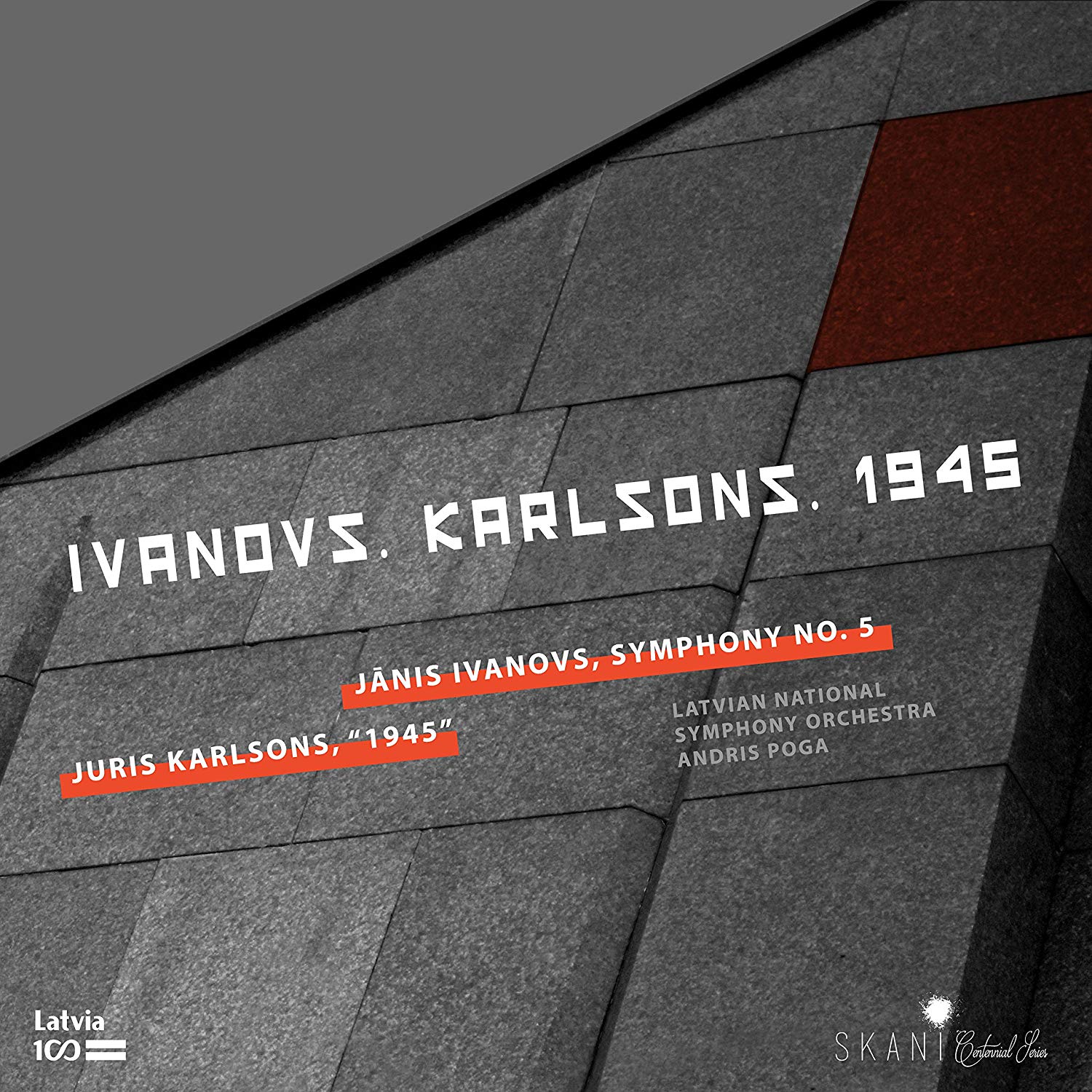Two-Piano Marathon, Kings Place review - dazzling duos, deep waters
Pavel Kolesnikov and Samson Tsoy make a transcendental start to an epic evening
You get a lot of notes for your money in a two-piano recital - especially when seven pianists share the honours for two and a half hours' worth of playing time. Well, they did call it a marathon, crowning the London Piano Festival so shiningly planned by Katya Apekisheva and Charles Owen, and the baton passed seamlessly from two pairs of hands to the next.

 Jãnis Ivanovs: Symphony No. 5; Juris Karlsons: Music for Symphony Orchestra 1945 Latvian National Symphony Orchestra/Andris Poga (Skani)
Jãnis Ivanovs: Symphony No. 5; Juris Karlsons: Music for Symphony Orchestra 1945 Latvian National Symphony Orchestra/Andris Poga (Skani)